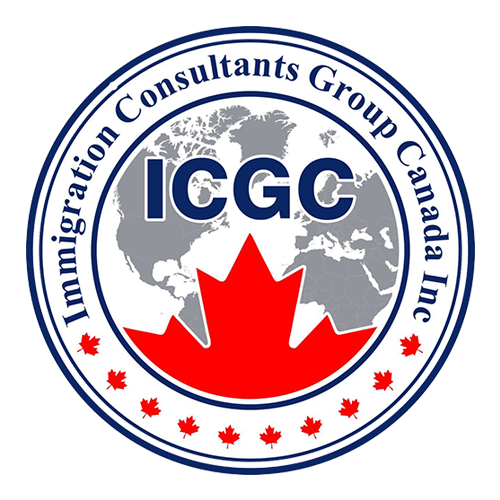How to get a work permit as an IT professional
The Canadian government fast-tracks work permits for individuals in the IT sector.
The tech sector is very important to the Canadian economy and global tech talent are in high demand in Canada. In fact, there are many different work permit options for individuals in IT fields, and the Canadian government accelerates the processing of these permits.
The main work permit options for IT professions include the Global Talent Stream, CUSMA Professionals and Intra-Company Transferees.
Global Talent Stream
The goal of the Global Talent Stream is to help Canadian employers hiring foreign tech talent. The Global Talent Stream allows certain skilled workers to obtain a work permit within two weeks of applying.
In addition, under the Global Talent Stream, employers who want to hire IT professionals may qualify for an expedited Labour Market Impact Assessment (LMIA), whose purpose is to ensure that the arrival of a foreign worker will not hurt workers in Canada.
Examples of qualifying tech occupations include software engineers and designers, computer programmers, media developers, information system analysts and consultants and computer and information system managers.
CUSMA Professionals
Under the Canada-United States-Mexico Agreement (CUSMA), eligible U.S. and Mexican nationals can obtain Canadian work permits. Work permits granted under CUSMA do not usually require a LMIA prior to applying, meaning Canadian employers can bring foreign IT professionals to work much faster.
Under CUSMA, there is a list of approximately 60 professions or occupations that qualify for a work permit called the CUSMA professional work permit. Many of the professions listed relate to IT and include computer systems analysts, graphic designers, technical publications writers and computer engineers.
Intra-Company Transferees
Intra-Company transfer (ICT) is another work permit option that does not require an LMIA. In order to be eligible for the ICT work permit, the foreign worker must be employed with a company abroad for at least one year and there must a qualifying relationship between the two companies (i.e. subsidiary, affiliate, parent or branch).
For the ICT work permit, there are three different categories under which a worker may qualify. The third category is for workers who have “specialized and proprietary knowledge of the company or its products”, and this is usually how IT professionals may be eligible for the ICT work permit.
source: cicnews.com


